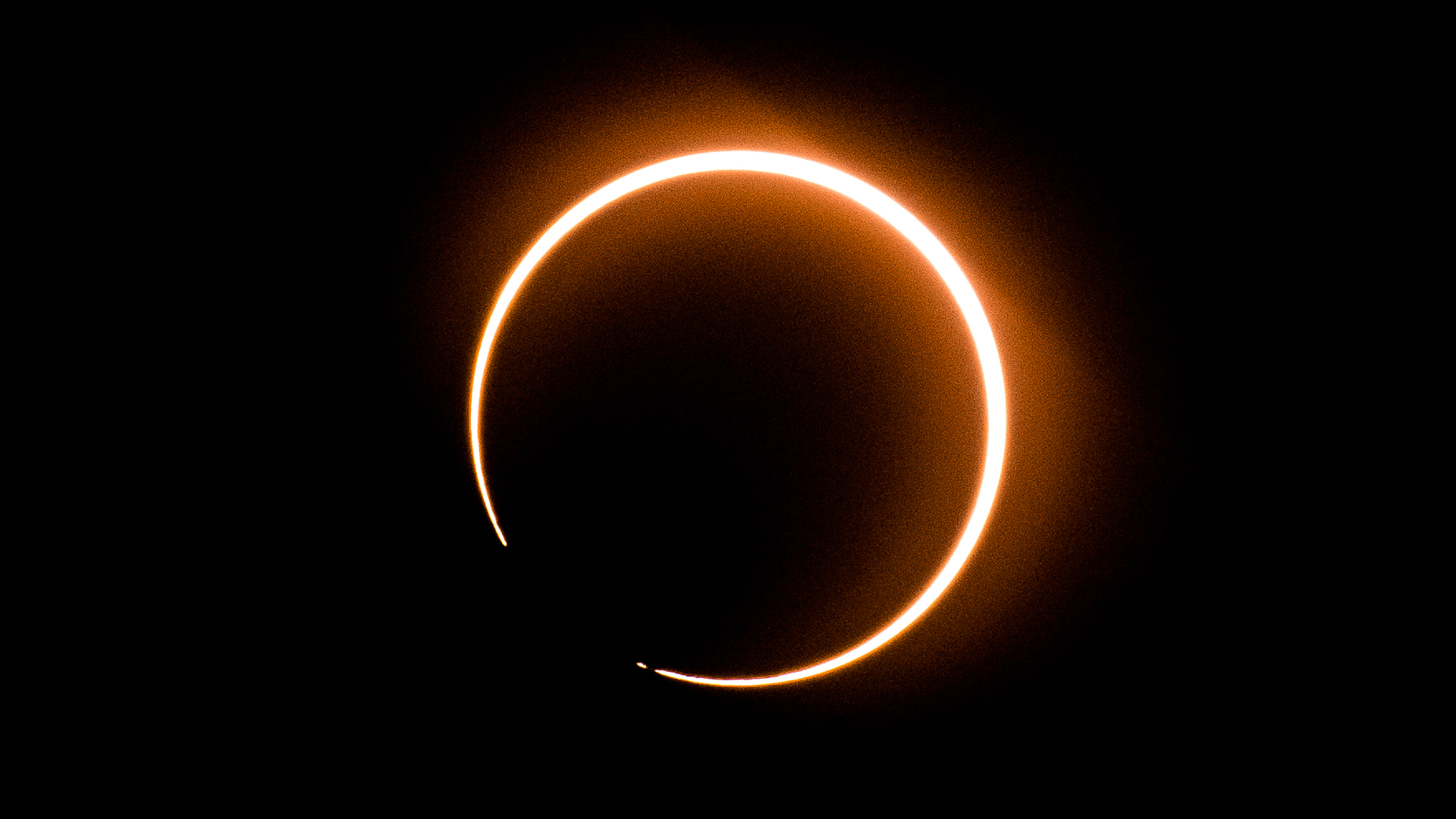Science Fiction and No-Way Physics
Breaking space news, the latest updates on rocket launches, skywatching events and more!
You are now subscribed
Your newsletter sign-up was successful
Want to add more newsletters?

Delivered daily
Daily Newsletter
Breaking space news, the latest updates on rocket launches, skywatching events and more!

Once a month
Watch This Space
Sign up to our monthly entertainment newsletter to keep up with all our coverage of the latest sci-fi and space movies, tv shows, games and books.

Once a week
Night Sky This Week
Discover this week's must-see night sky events, moon phases, and stunning astrophotos. Sign up for our skywatching newsletter and explore the universe with us!

Twice a month
Strange New Words
Space.com's Sci-Fi Reader's Club. Read a sci-fi short story every month and join a virtual community of fellow science fiction fans!
The physicsof impossibility goes by a variety of names, including no-way physics.These names refer to physical principles that simply can't be contravened orgotten around.
Robert P. Crease, chairmanof the philosophy department at Stony Brook University and historian at theBrookhaven National Laboratory, recently wrote an interesting piece on thistopic. He says in part:
No-wayphysics produces a special kind of dissatisfaction, involving the collision ofscience with our hopes and dreams ? of limitless energy, of superluminaltravel, of pinning things to specific places at specific times. Humans seemhard-wired to have such hopes, and hard-wired to balk at the science thatdashes them...
Science fiction writersseem hard-wired to balk at "no-way physics" as well. Even the peopledesignated as "hard science fiction" writers are often inclined to goaround the rules:
- Arthur C. Clarke
Author of rigorously accurate novels like A Fall of Moondust, Clarke also remarked: "When a distinguished but elderly scientist states that something is possible, he is almost certainly right. When he states that something is impossible, he is very probably wrong." See 2001:A Space Odyssey to watch Clarke enjoy superluminal travel.
Clarke's space suggestions range from the predictive (see geosynchronous satellite) to the fanciful (see Solar Tadpoles Finally Explained). - Robert Heinlein
Heinlein knew enough about science to think of many things that now exist (like Drafting Dan and Joy-boat Junior). But he was not above writing about things like the fold box (it's bigger on the inside than the outside) and the Tesseract House.
He had plenty of practical space suggestions, like Skiing on the Moon , the lunar bicycle and Lunar Construction Techniques. - Larry Niven
Niven needs the big canvas; he's happy providing readers with things they could use now (like big push and floating islands) as well as things that - according to physicists - can't be done (like portable gravity lenses, stepping discs and the zero-time jail).
He also had good advice on how to Look for Alien Civilizations.
Do you likescience fiction that absolutely obeys the rules (as we know them) or are youmore of a contrarian? Letus know.
Via No-wayphysics.
(This ScienceFiction in the News story used with permission from Technovelgy.com - where science meetsfiction.)
Breaking space news, the latest updates on rocket launches, skywatching events and more!
Bill Christensen is the founder and editor of Technovelgy, a website dedicated to cataloguing the inventions, technology and ideas of science fiction writers. Bill is a dedicated reader of science fiction with a passion about science and the history of ideas. For 10 years, he worked as writer creating technical documentation for large companies such as Ford, Unisys and Northern Telecom and currently works to found and maintain large websites. You can see Bill's latest project on Twitter.
